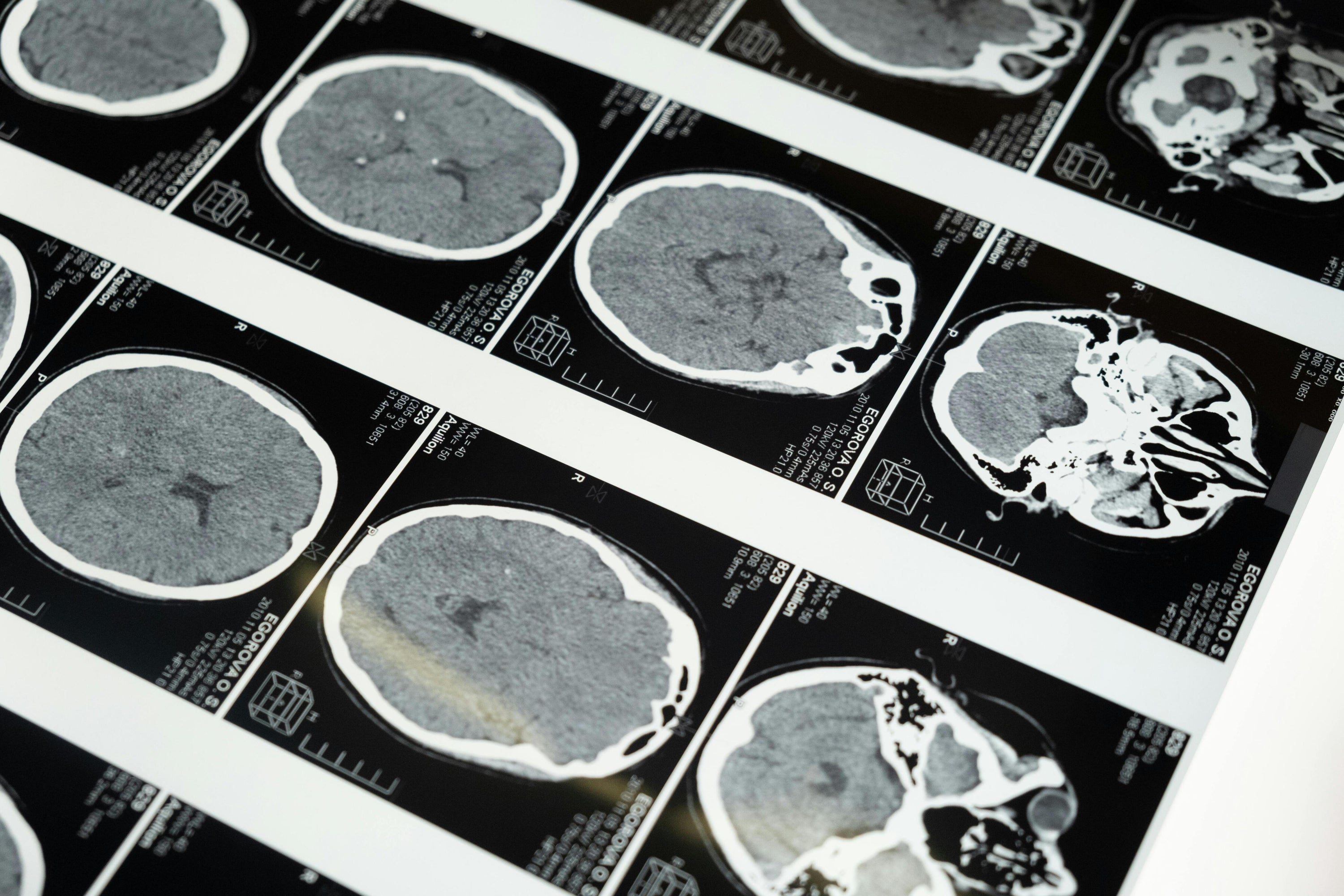
What is DHA and Its Importance for Optimal Brain Development
Aldebaran aldebaranDHA, or docosahexaenoic acid, is an essential omega-3 fatty acid that plays a crucial role in brain health and development. As a parent or caregiver, understanding the significance of DHA can help you make informed choices about nutrition for yourself and your child. In this blog, we’ll explore what DHA is, why it is important for brain development, and how to ensure adequate intake in your diet.
What is DHA?
DHA is a long-chain polyunsaturated fatty acid that belongs to the omega-3 family. It is primarily found in fish oil, algae, and certain types of nuts and seeds. DHA is a major structural component of the brain, accounting for approximately 25% of the total fat content in the brain and up to 97% of the omega-3 fatty acids in the brain.
While our bodies can convert short-chain omega-3 fatty acids (like those found in flaxseeds) into DHA, the conversion rate is quite low. This makes it important to consume DHA directly from dietary sources, especially for infants and young children, whose brains are rapidly developing.
Importance of DHA for Brain Development
1. Cognitive Function
DHA is essential for cognitive development. It supports the formation of neural connections and synapses in the brain, which are critical for learning, memory, and overall cognitive performance. Research suggests that adequate DHA levels are associated with improved cognitive function in infants and children.
2. Visual Development
DHA is not only important for brain health but also plays a key role in visual development. The retina of the eye contains a high concentration of DHA, which is necessary for optimal visual acuity. Infants with sufficient DHA levels tend to perform better on visual recognition tasks.
3. Behavioral Outcomes
Studies indicate that children with higher DHA levels may exhibit fewer behavioral issues and better emotional regulation. This is particularly important as children navigate social interactions and develop emotional intelligence.
4. Neuroprotection
DHA has anti-inflammatory properties and can help protect the brain from oxidative stress. This neuroprotective effect is crucial for maintaining brain health throughout life and may play a role in reducing the risk of neurodegenerative diseases later on.
5. Developmental Milestones
Adequate DHA intake during pregnancy and infancy is linked to meeting developmental milestones. Infants with higher DHA levels tend to show earlier development in motor skills and cognitive abilities, giving them a beneficial start in life.
How to Ensure Adequate DHA Intake
1. Dietary Sources
Incorporate DHA-rich foods into your diet. Some excellent sources include:
- Fatty Fish: Salmon, mackerel, sardines, and trout are all high in DHA.
- Algal Oil: A vegetarian source of DHA derived from algae, suitable for those who don’t consume fish.
- Nuts and Seeds: While not direct sources of DHA, flaxseeds, chia seeds, and walnuts contain ALA (alpha-linolenic acid), which the body can convert to DHA, albeit inefficiently.
2. Supplements
For those who struggle to get enough DHA from food sources, supplements can be an effective option. Fish oil and algal oil supplements are widely available. Always consult a healthcare professional before starting any new supplement regimen, especially for pregnant women or infants.
3. Fortified Foods
Many infant formulas and baby foods are fortified with DHA. When choosing formula or baby food, look for options that explicitly state they contain DHA.
4. Prenatal Nutrition
For expectant mothers, focusing on DHA intake during pregnancy is crucial. Consuming DHA-rich foods or supplements can help support the developing brain of the fetus, setting the stage for optimal cognitive and visual development.
DHA is a vital nutrient that significantly impacts brain development and overall cognitive function. Ensuring adequate DHA intake during pregnancy and early childhood can lead to better cognitive performance, improved visual development, and healthier behavioral outcomes. By incorporating DHA-rich foods into your diet and considering supplements when necessary, you can support optimal brain health for yourself and your child. Prioritizing DHA can be one of the best decisions you make for long-term cognitive health!




